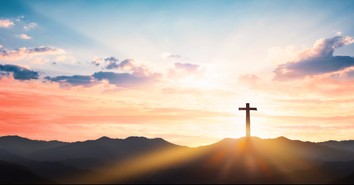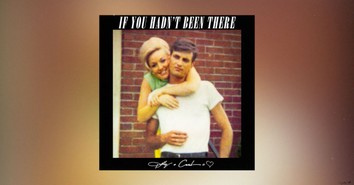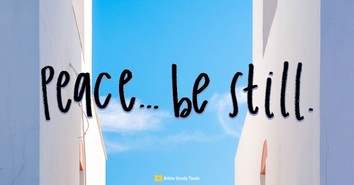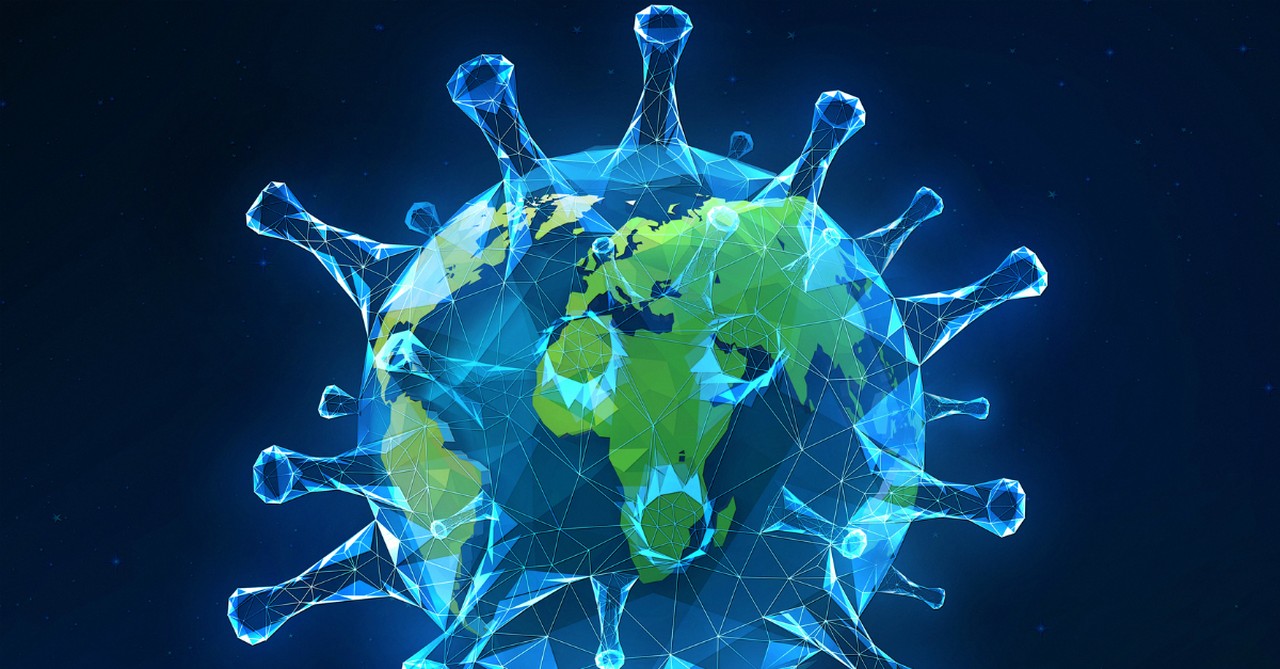
For the past few years, this nation has been more divided than ever. We have focused on our differences—politically, racially, and even spiritually. There was very little room for love and grace and the word “unity” was no longer on our radars.
Rising tensions in China, North Korea, and elsewhere continued to foster a sense of divisiveness not just in our country, but in the world at large.
And then, instead of attacking each other, we all found ourselves under attack.
Not by a person, political organization, or national power, but by a tiny microscopic organism called coronavirus. Like the plot in the 1996 movie “Independence Day,” we found ourselves coming together as humans, not Americans, to fight one common foe.
But, instead of turning our fight toward aliens from outer space, as they did in the movie, we are battling a health pandemic that is seeking to destroy our health, lives, and economy.
Never has the world been more united in a common cause. Crises have a way of blurring the dividing lines and causing us to focus on a common element for our own good, or in this case, our survival. Here are just five ways COVID-19 is teaching the world about unity:
Photo Credit: ©GettyImages/Sergio Lacueva
1. We really are in this together.

1. We really are in this together.
SLIDE 1 OF 5
When we first started hearing of the coronavirus outbreak, we believed it was China’s problem. Then we felt really bad for Italy. We didn’t believe it was serious enough to shut down the world and especially not to close our businesses and damage our economy. Many of us thought local leaders were over-reacting—until we started reading of the rising number of confirmed cases and the startling number of deaths.
Suddenly what happens across the world in Italy is no longer “poor them” but makes us think “That could be us.” Especially when that is now the case. In California, what used to sound like “I can’t believe that’s happening in New York” now sounds like “This is in our own backyards.”
Something changed us when we realized many were losing their lives to the disease, and we could, too.
We live in a world in which we constantly read about the number of people who died in earthquakes, from famine, and from mass shootings at schools, concerts, and churches. We can become numb to those numbers after a while, especially if they feel too far away from home. But our ability to be numb toward something diminishes when the situation spreads to our own communities, neighborhoods, and households.
When we begin to experience exactly what people on the other side of the world have experienced...it has a way of uniting us. It strengthens our resolve that—whether we are in China, Italy, New York or California—we really are all in this together.
Photo Credit: ©GettyImages/Halfpoint
2. We’re becoming more focused on what matters most.
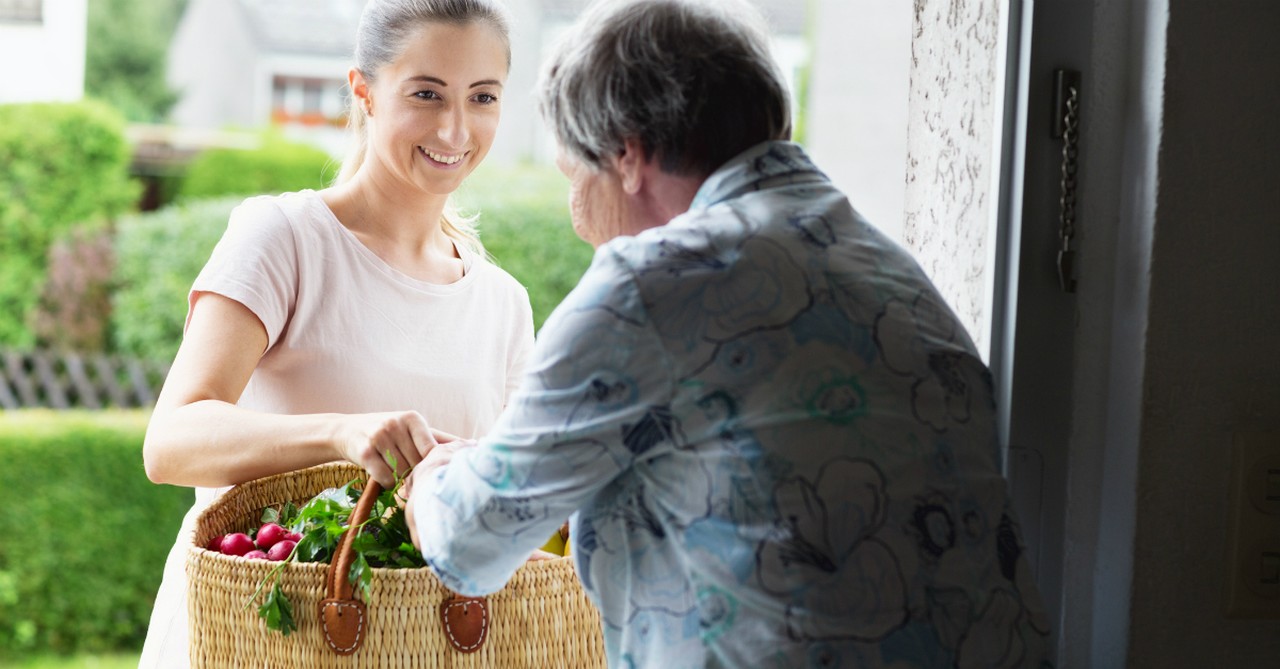
2. We’re becoming more focused on what matters most.
SLIDE 2 OF 5
When was the last time you saw a political rant on social media or a complaint about the minor inconveniences we face as entitled Americans? Now there is more of a focus on “let’s call our mothers,” and “let’s post pictures of beautiful places in the world,” and “let’s pray for our country and the people of the world.”
A “let’s-not-waste-this-opportunity” mentality is rising to the surface as people are becoming less selfish and focused on the trivial. We're more focused on helping elderly neighbors buy groceries, sharing supplies of bottled water and toilet paper, and making sure the 6-year-old in the neighborhood can still celebrate their birthday if even through a “social distancing party.”
As a world, we are starting to focus on what really matters. Perhaps we are taking to heart Moses’ words in Psalm 90:12: “So teach us to number our days that we may get a heart of wisdom” (ESV).
We no longer seem to see ourselves in this country as Democrats, Republicans, or independents, but as Americans fighting a common cause.
More so, instead of seeing ourselves as Americans, we are being reminded that we’re all humans…a race of vulnerable people struggling to overcome a tiny microscopic agent that threatens our health, our economy, and our very existence.
A focus on our similarities, rather than our differences, surely fosters a sense of unity.
Photo Credit: ©GettyImages/Sylvia Jansen
3. Cooperation is cool and individualism is overrated.
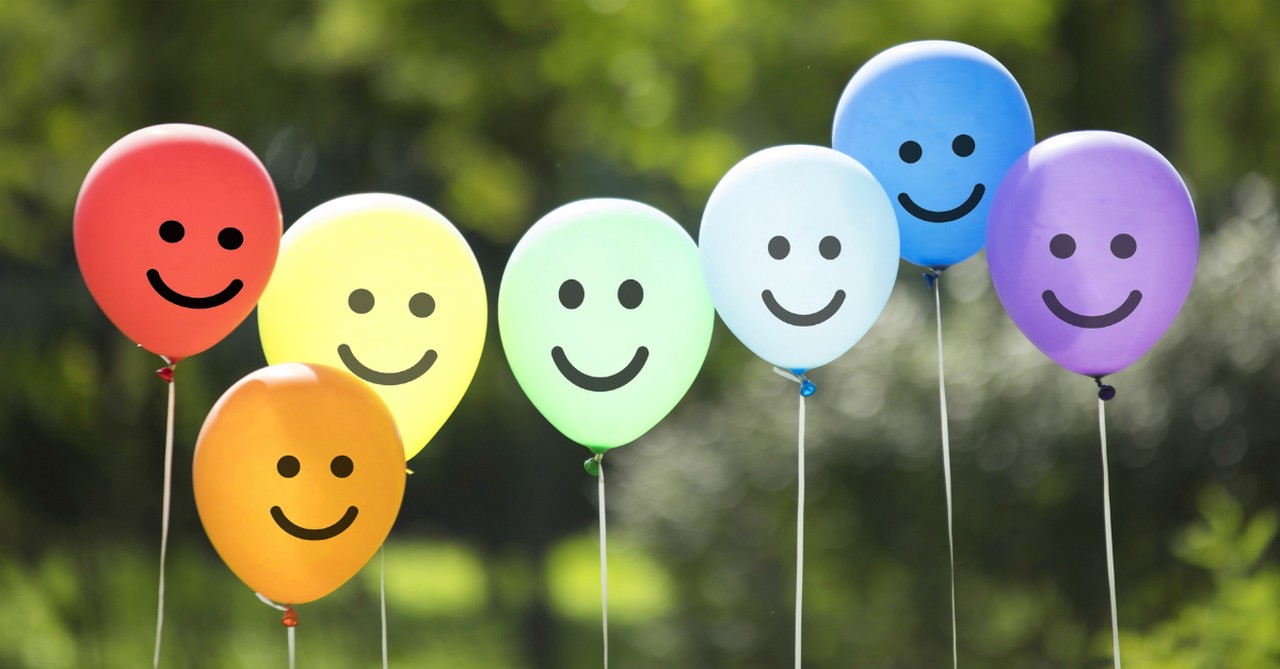
3. Cooperation is cool and individualism is overrated.
SLIDE 3 OF 5
Before this pandemic, it was fashionable to rebel and buck the system. Do your own thing was the motto. Shun government, disobey mandate. Do you.
Today, in a world that has been quarantined, no one wants to be known as that person or organization that violates the precautions and experiences an outbreak (or death) as a result. Individualism, personal rebellion, and crossing the lines aren’t so important anymore. Not when our lives are at stake.
Even churches, which at one time would never let the government mandate whether or not they assembled, realize they must do what is necessary to protect not only their elderly (as was the case when we started isolation) but their congregations as a whole.
The safety of others is now on nearly everyone’s mind. Whereas before “I’ll take my own risks” was the mentality, now we are being forced to think of others before ourselves. That is what unites people: a “we” rather than a “me” mentality.
Photo Credit: ©GettyImages/happy8790
4. We are all realizing we’re not as strong as we thought we were.

4. We are all realizing we’re not as strong as we thought we were.
SLIDE 4 OF 5
Perhaps for the first time in the history of the world we all need each other.
We need our governments for updates on what is happening, as well as instruction on how to best care for ourselves and others.
We need our medical workers and first responders when we find we are no longer able to care for ourselves.
We need the cooperation of other countries as we admit we don’t have all the answers.
Whereas we, as a nation, saw ourselves prior to this pandemic as powerful—even to the point of arrogance—in the areas of science, technology, and medical research...we now see how very little we actually know. How much we need to still learn about something so tiny, but so much more powerful than we are.
We are, maybe for the first time in the history of our nation, truly vulnerable—physically, economically and spiritually.
After the terrorist bombings of 9/11, we could cast blame on someone else and arm up to retaliate. Not the case now. All we can do is cooperate with the safety guidelines, wait, and pray that God intervenes.
Could this cause the world to finally recognize there is a God?
Without God, there is no hope. And people right now, all over the world, truly need hope. We are united in our need for hope, as well as our need for healing.
For Americans, there was a pride that “we are the most powerful, influential nation in the world.” While that can be a statement of thankfulness because of the opportunities given to us, it can also be a statement of arrogance and misplaced pride.
We're now all facing that we aren’t as strong as we thought we were. We’ve made past mistakes in not being prepared. We’ve downplayed or scoffed at warnings we didn’t think were valid. And now we must rely on God’s timing and one another’s cooperation to do the best we can to make sure this pandemic doesn’t continue to spread.
There is something unifying about realizing none of us is in control. We aren’t in a race against another country to find a vaccine, we are in a joint effort to find a solution to help all of humankind.
We aren’t promoting an individual nation, we’re trying to extend global life.
We are now focused on finding a cure rather than perpetuating conflict.
Photo Credit: ©GettyImages/Mariia Demchenko
5. We’ve become increasingly sensitive toward those who are most vulnerable.

5. We’ve become increasingly sensitive toward those who are most vulnerable.
SLIDE 5 OF 5
Our world has a shameful track record of oppressing the weak, the vulnerable, and the underprivileged. Yet, it appears that bullying isn’t even on our minds anymore now that we are all seeing our vulnerabilities, and realizing we have an older generation (and those with health problems) who have a greater vulnerability to this.
Not too long ago our headlines were dominated by mercy-killing news. The world appeared okay with the idea that the older (and senile), or the unborn (and nonverbal), or the mentally disabled had no right to decisions concerning their own lives.
Yet, today, I am seeing concern for life no matter how old, how ill, and how mentally stable one is. Instead of looking out for No. 1 (ourselves), we are learning a worldwide concern for (and value of) looking out for everyone else.
Some Christians are calling this growing sense of unity an end-of-the-world formation of a one-world government. I don’t see it that way. I don’t believe the unity that is happening today is scriptural fulfillment of a world coming together to oppose Christ. I don’t see Satan at work in this virus. I see God at work—reprioritizing hearts, reuniting families, and restoring His creation...while we all take a much-needed pause.
I also see great possibility for the church to be poised on the cusp for its next great revival.
The Apostle Paul prayed in Philippians 2:2 that believers would make his joy complete “by being of the same mind, maintaining the same love, united in spirit, intent on one purpose.” He, of course, was talking about unity in the body of Christ.
But in many ways that has become a statement representative of what is happening in the world, at large, as it faces the common goal of defeating a virus. We are all, in a sense, being of the same mind (when it comes to precautions), maintaining the same love (and concern for others), united in the spirit of cooperation, and intent on one purpose—defeating what seeks to destroy us.
Never has the world been more united (in a good way!) on one purpose.
Photo Credit: ©GettyImages/helivideo

Originally published April 08, 2020.



